Fad diets claim to be the secret sauce for weight loss, but how effective are they?
Countless fat-burning diet trends have come and gone over the years, making it challenging to know what’s good for your body. Many eating plans promise drastic results by severely restricting or eliminating food groups.
Implement these science-backed healthy eating tips to avoid potentially harmful fad diets that have gone out of style.
Skip: Gluten Free
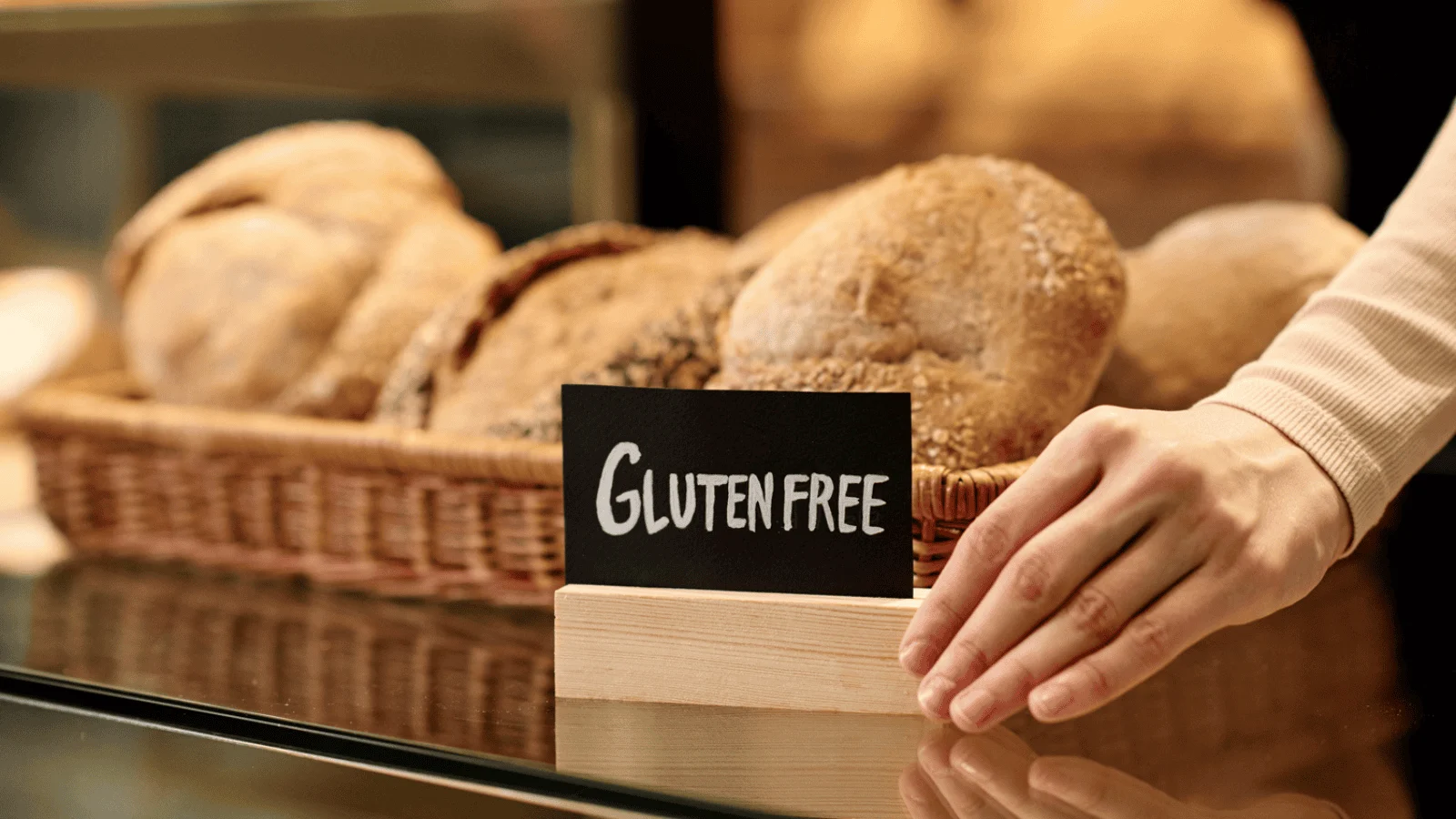
Though some avoid gluten for health reasons, others adopt a gluten-free diet for weight loss. Gluten is a naturally occurring protein found in many carbohydrates.
It can cause stomach pain and inflammation for those with celiac disease or gluten sensitivities. Many people believe the weight will melt off if they stop eating foods with gluten altogether.
Instead: Listen to Your Body

You may lose weight by going gluten-free due to eating fewer carb-heavy foods like pizza and pasta. However, there’s also a chance your diet will be lacking in fiber and micronutrients.
Gluten-free doesn’t equate to healthiness, as many products without gluten are highly artificial. Instead of eliminating gluten, consider reducing the amount of processed items and fast food you consume.
Skip: Paleolithic
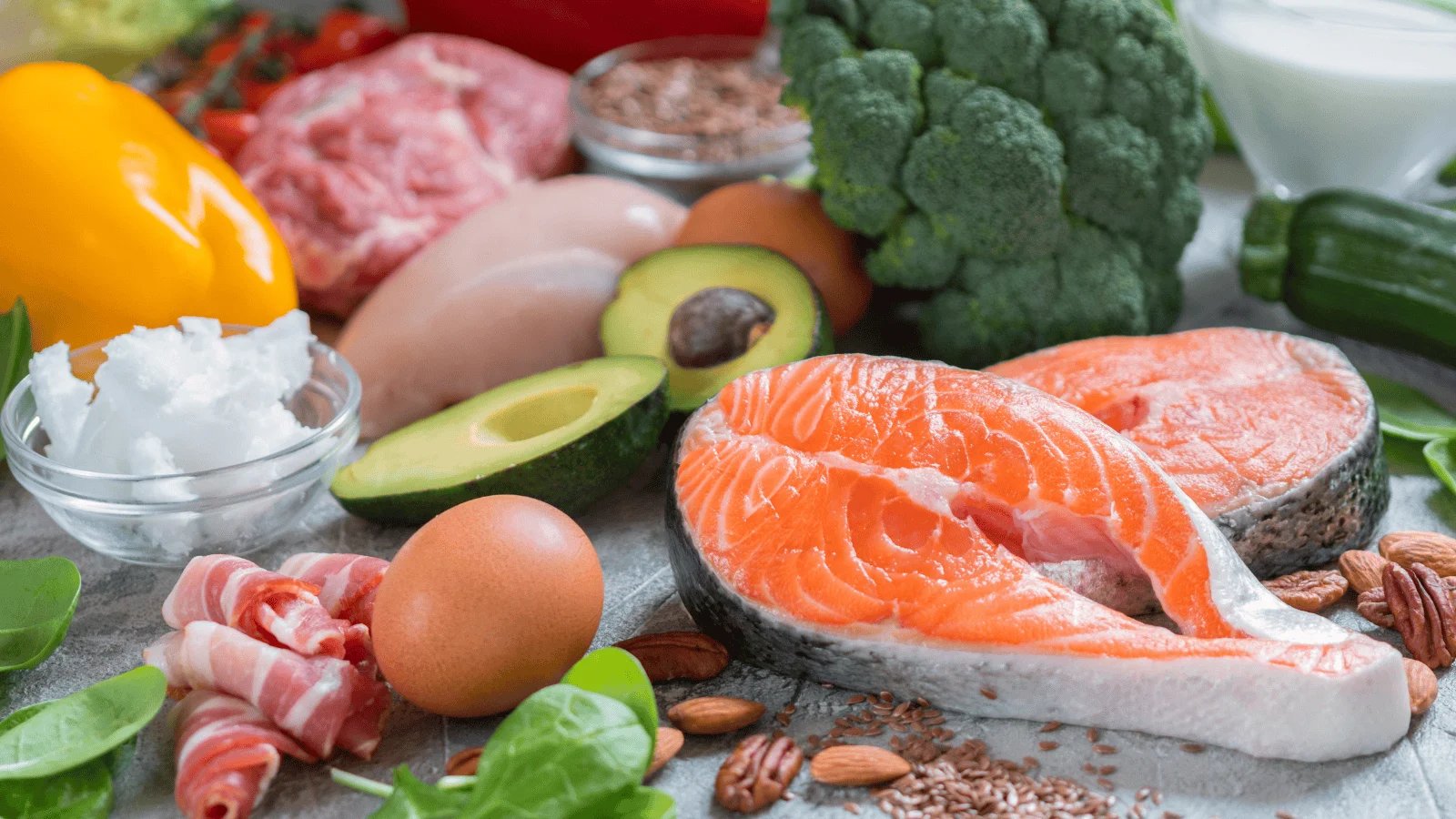
You’ve probably heard about the infamous Paleolithic (Paleo) diet. It’s often called the caveman diet since it encourages basing your food choices around what could be hunted or gathered in prehistoric times.
Staple items include fruits, vegetables, lean meats, nuts, and seeds. Some claim eating paleo is ideal because bodies shouldn’t consume modern foods such as dairy, refined sugars, and processed carbs.
Instead: Incorporate a Diverse Variety of Nutritious Foods

While there’s nothing inherently wrong with eating fresh produce, grass-fed meats, and nuts, Paleo may not be feasible for everyone. Paleo eating plans prohibit whole grains and legumes, such as beans and lentils.
These nutrient-rich foods play a significant role in a healthy, balanced diet, so you could miss out on essential vitamins. Paleo diets are also costly, as high-quality lean meats, organic fruits, and vegetables are often grossly overpriced.
Skip: Atkins

The Atkins Diet promotes eating minimal carbohydrates for weight loss. It was created in the 1960s by a cardiologist who claimed the program could reduce risks of obesity, heart issues, and type 2 diabetes.
The diet involves four phases: induction, balancing, pre-maintenance, and lifetime maintenance. Followers begin by severely cutting carbs before slowly adding them back over time.
Instead: Don’t Fear Carbs
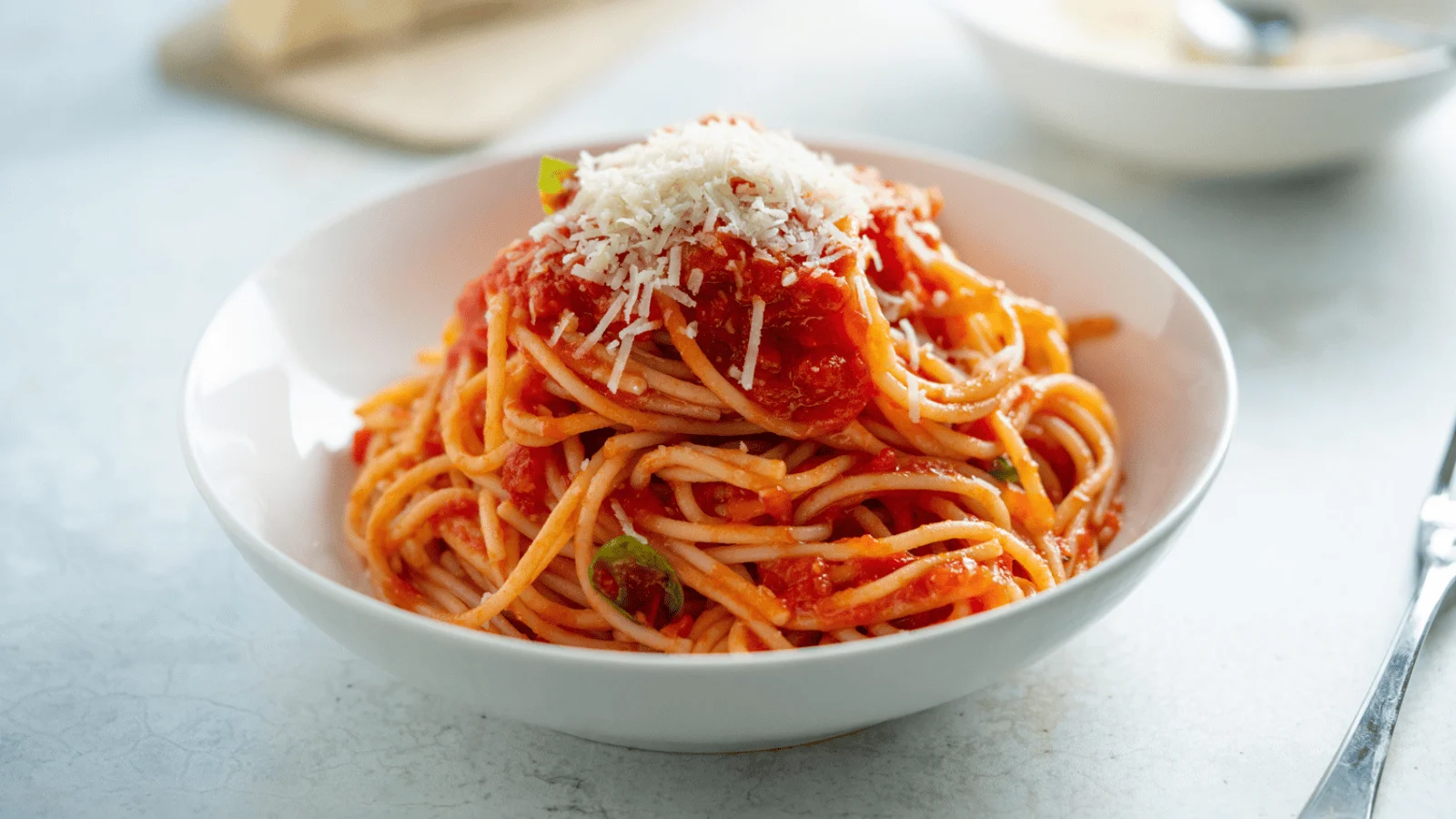
According to the Mayo Clinic, eliminating nearly all carbs from your diet can lead to headaches, dizziness, and fatigue. Limiting your intake could also result in nutrient and fiber deficiencies.
Instead of cutting carbs altogether, talk to a healthcare provider about the ideal daily amount for your body and lifestyle. Vegetables, legumes, and grains are excellent natural carbohydrate sources.
Skip: Zone

Some believe adhering to the Zone Diet can help you lose weight by striking the optimal balance of protein, fats, and carbs. A biochemist developed this meal plan, which features three meals and two snacks daily.
While Zone doesn’t ban entire food groups, it does consider some more favorable than others. The diet suggests limiting processed carbs, such as pasta or bread, and high-sugar produce, like carrots and bananas.
Instead: Eat Sufficient Calories
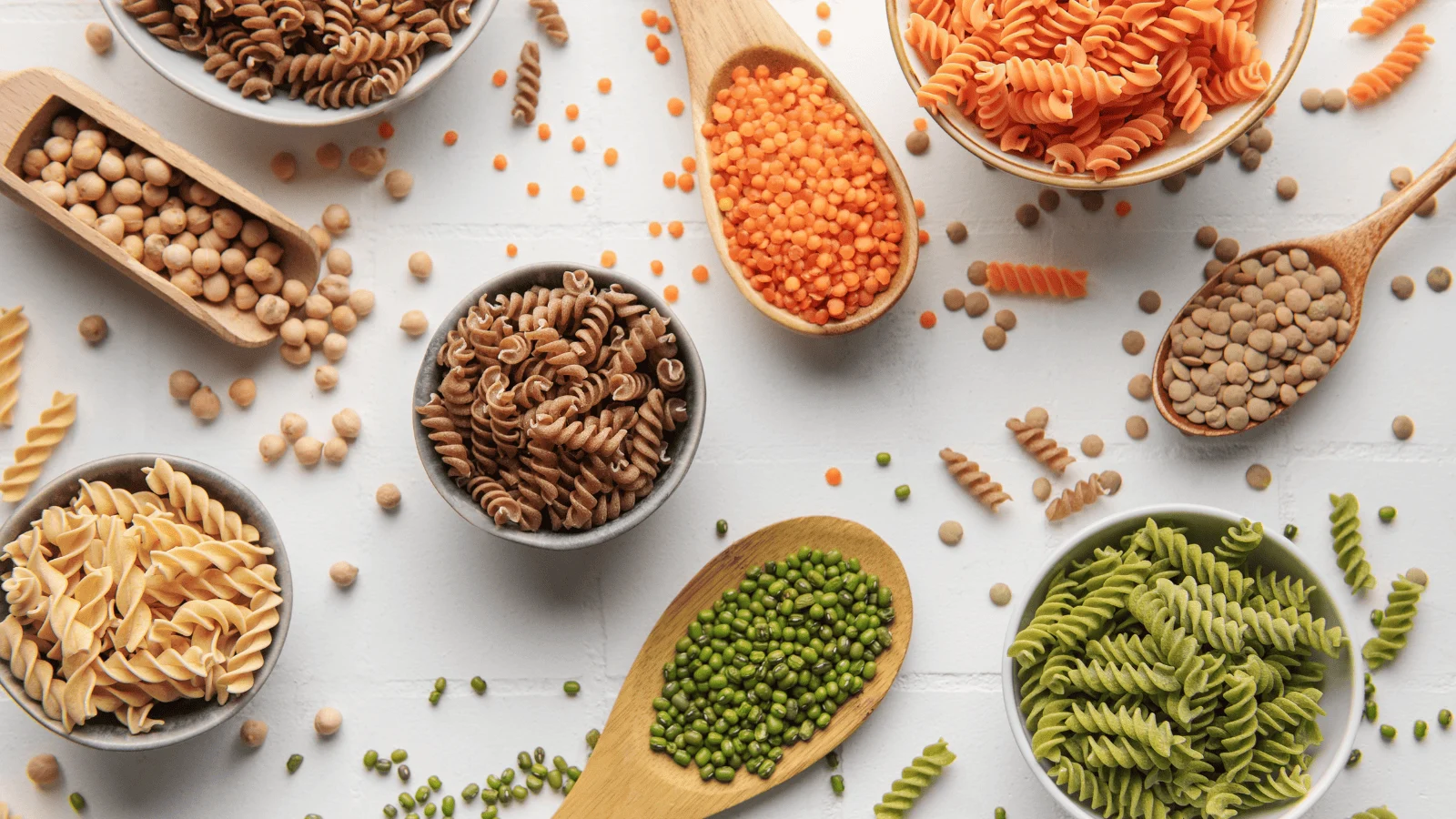
On the Zone plan, women are restricted to 1,200 daily calories, while men are allowed 1,500. WebMD says this number may need to be higher, depending on your activity level, body composition, and other factors. Rather than strict calorie counting, focus on consuming foods that support daily functions and incorporating regular exercise into your weekly routine.
Skip: Ketogenic
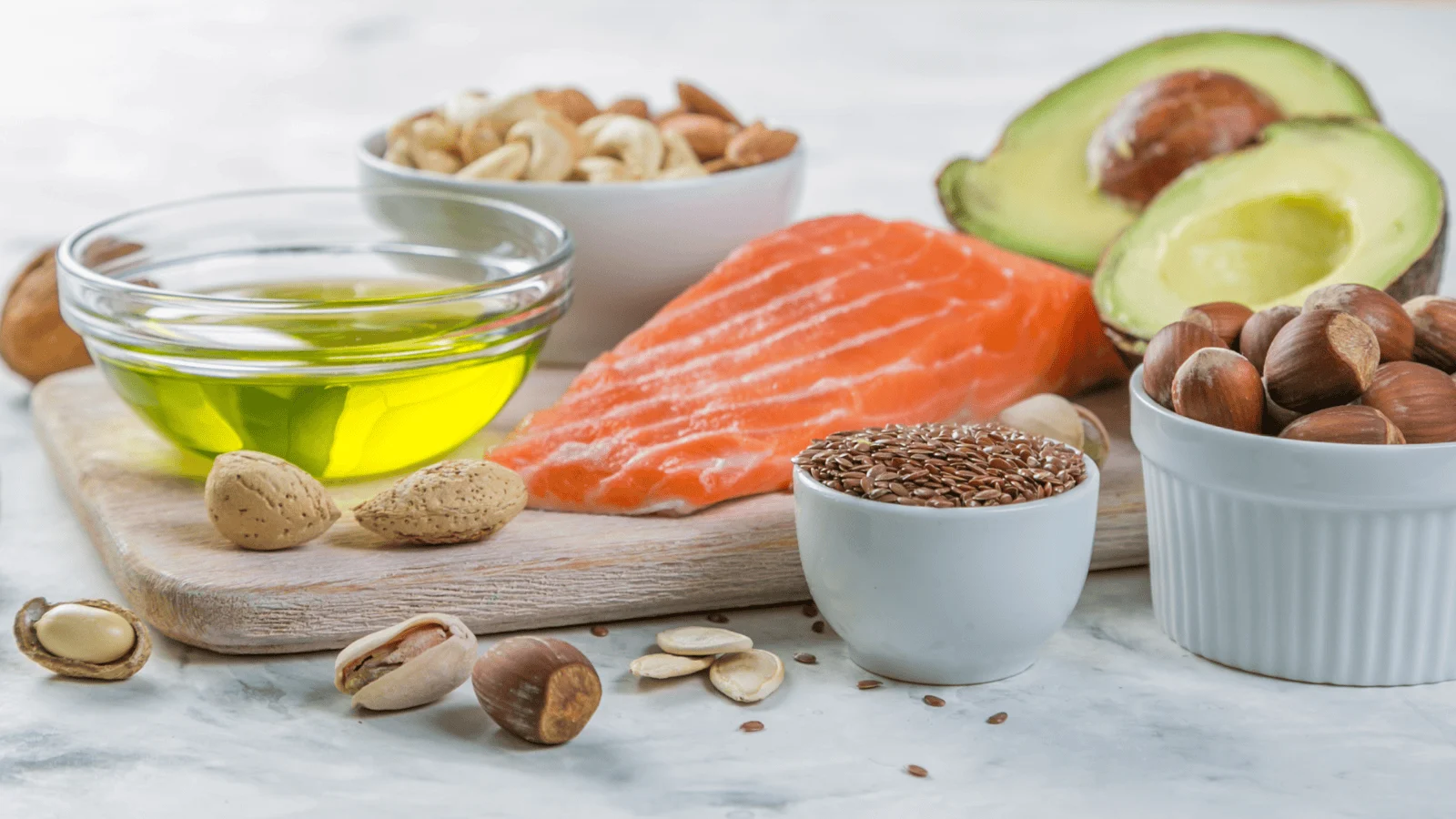
The ketogenic (keto) diet has recently become popular on social media. This low-carb, high-fat diet aims to put the body in ketosis, a fat-burning metabolic state. There are several keto diet variations, but Healthline says the standard contains 70% fat, 20% protein, and 10% carbohydrates.
Instead: Focus on Long-Term Changes

A Harvard University publication suggests the keto diet only provides short-term weight loss. Most of what you’ll lose by adopting the meal plan is water weight resulting from a lower carb intake.
Eating keto is unsustainable and likely will not help you maintain a lower weight in the long run. The preferred way to lose weight and keep it off is to make gradual, realistic lifestyle changes.
Skip: Grapefruit
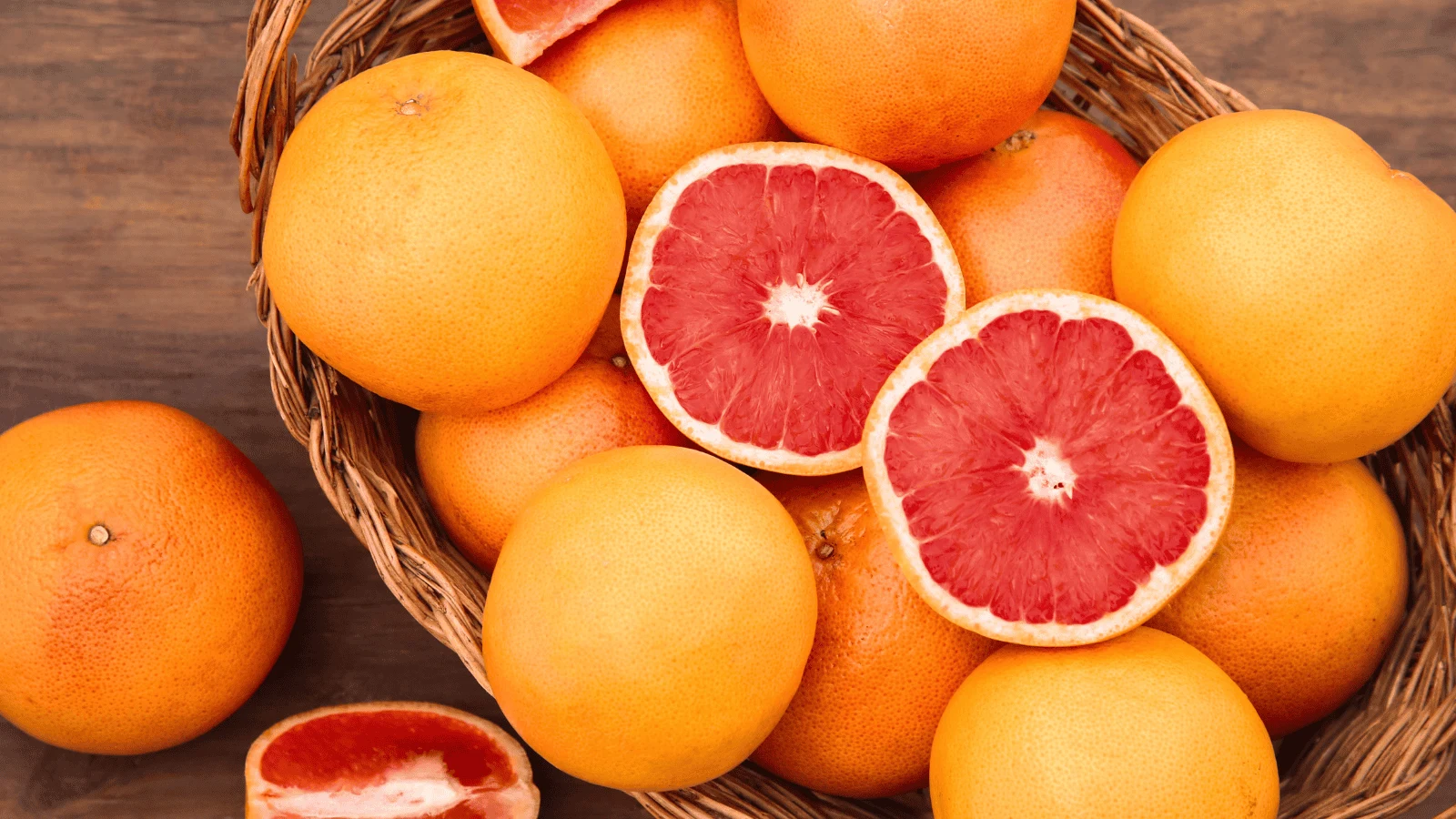
The grapefruit diet is an outdated eating plan that emerged in the 1930s. It claims to help you lose up to 10 pounds in 12 days or less.
You’re supposed to consume grapefruits or grapefruit juice with every meal on this diet. Some versions also propose limiting your calorie intake to as low as 800 daily.
Instead: Avoid One-Food Diets
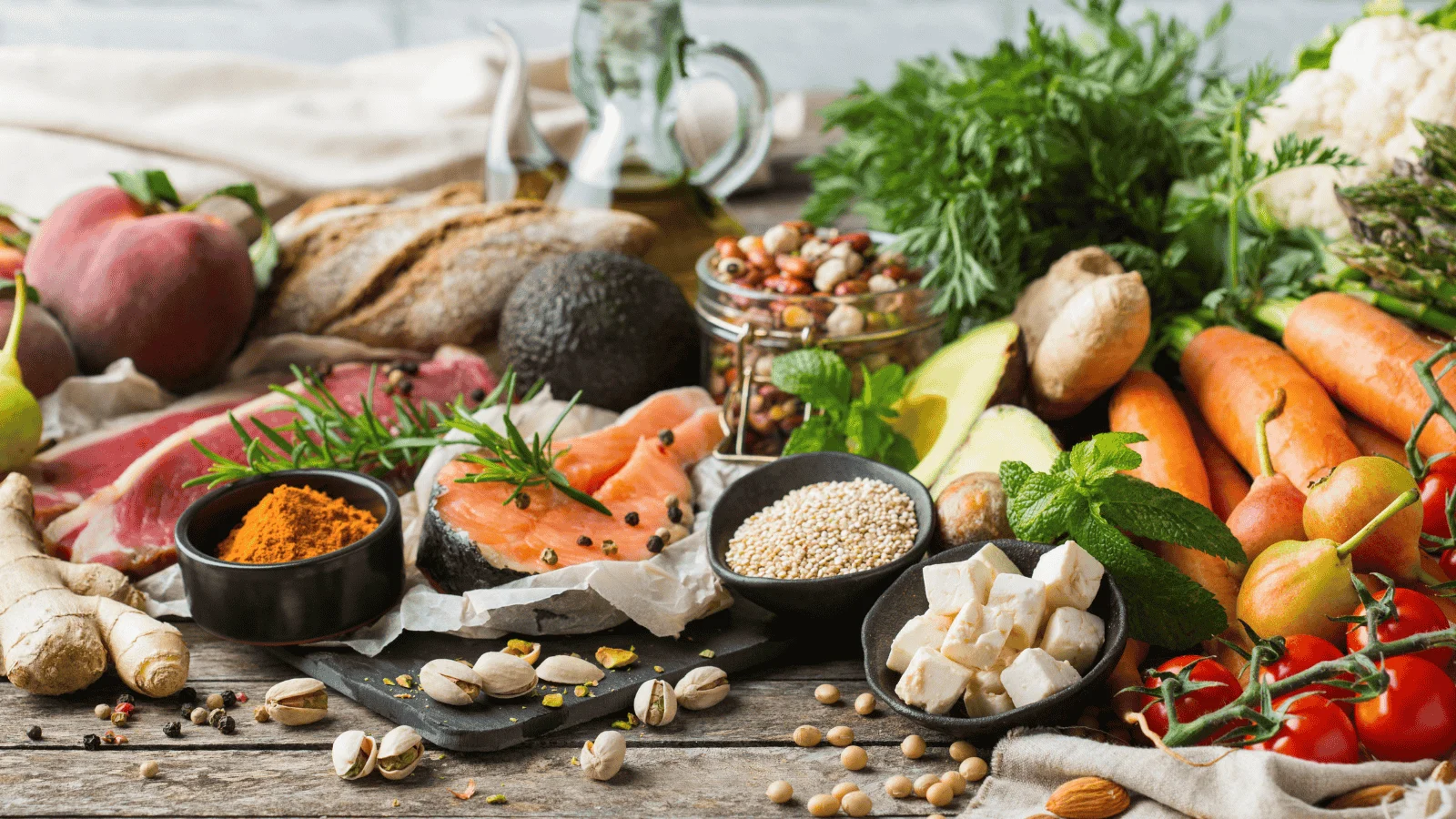
According to the Cleveland Clinic, you lose weight on this diet because grapefruits have a high water content. A grapefruit is almost 90% water, so eating one with your meal makes you feel full with fewer calories.
While this fruit is a good source of fiber and vitamins A and C, it shouldn’t be the sole focus of your diet. Severely cutting your calories can adversely affect your body’s essential functions.
Skip: Carnivore
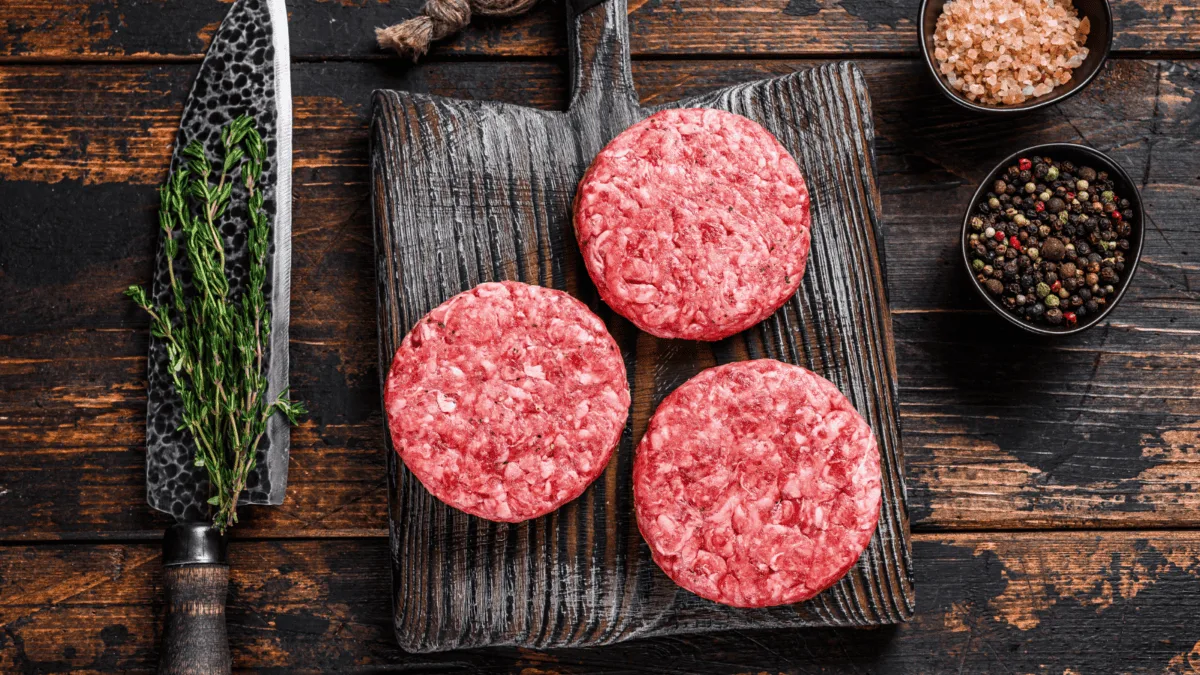
One of the most extreme fad diets is the carnivore plan. This high-protein diet limits your food selection to red meats, fish, poultry, eggs, and, in some cases, dairy.
Those following a carnivore meal program do not eat fruits, vegetables, nuts, or grains. Fans of the diet believe it’s the ultimate secret to losing weight.
Instead: Balance is the Key

Everyday Health reports the potential risks of this extreme diet include constipation, vitamin deficiency, and disordered eating habits. Eating large quantities of meat can also affect your heart health, as some are high in saturated fat.
Be wary of any program that involves cutting entire food groups. If you want to increase your protein intake, also incorporate a variety of fresh produce, legumes, and grains for a well-rounded diet.
Skip: Intermittent Fasting

Intermittent fasting is a unique diet method that emphasizes meal timing rather than the specific foods consumed. There are many ways to adopt the program, but all center around eating within a set amount of time and fasting the rest of the day.
Typical intermittent fasting schedules involve consuming daily calories within six to eight hours. The idea is that eating in this manner boosts metabolism to increase fat burning.
Instead: Find What Works for Your Schedule
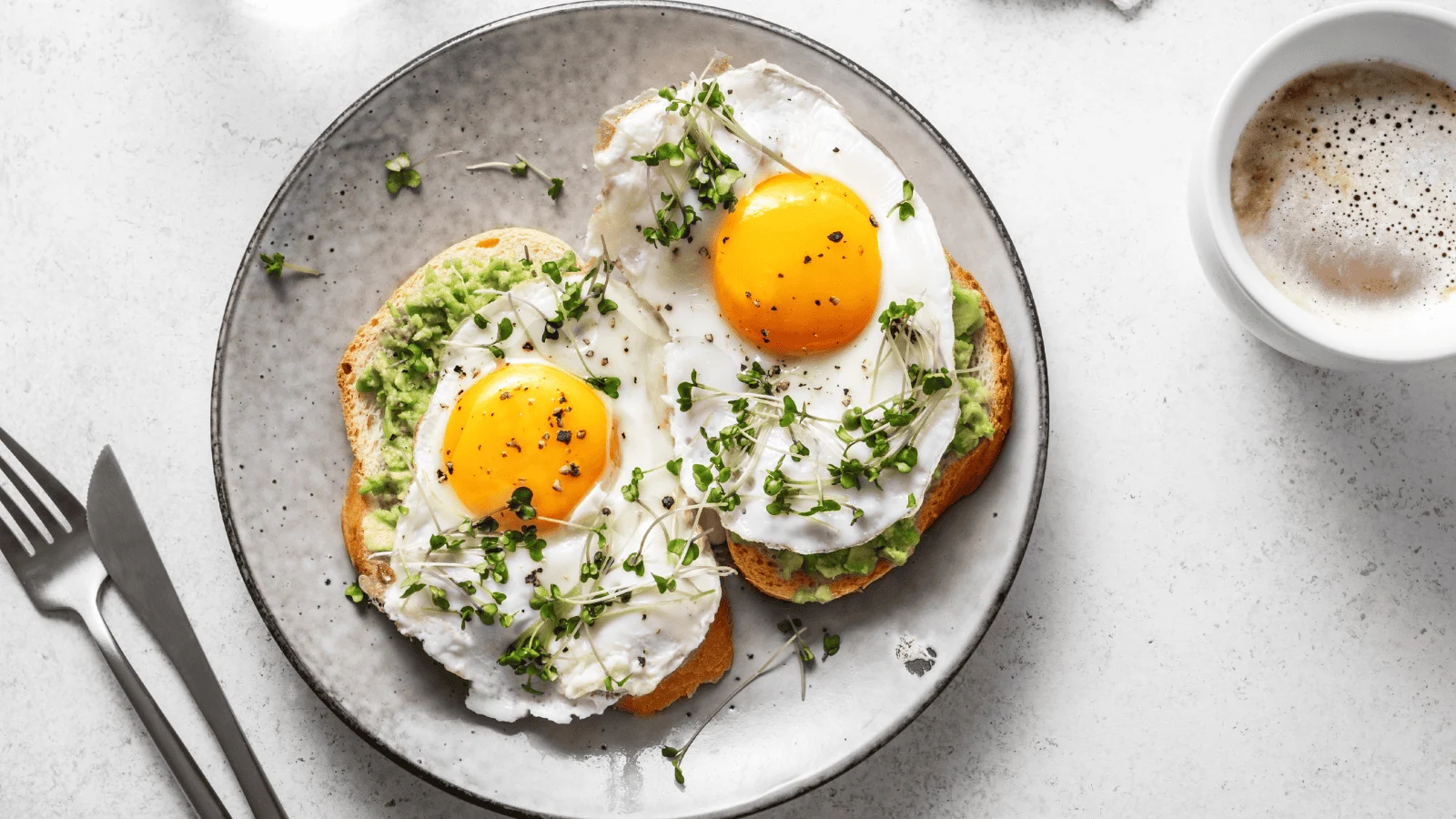
Adhering strictly to an intermittent fasting lifestyle can be challenging between work, school, and other commitments. Eating only within specific hours may be impractical, especially when unexpected circumstances impact your daily schedule.
Intermittent fasting can also lead to ignoring your body’s natural hunger signals, distorting your understanding of what it needs to function optimally. Try to be flexible and acknowledge your diet may vary depending on what your day has in store.
Skip: Detox

Detox diets claim to cleanse the body of harmful toxins by eliminating highly processed foods. Specific detox programs vary but often include fasting, drinking only liquids for extended periods, and eating particular foods, such as organic produce. Some plans also encourage using supplements marketed toward detoxification or taking laxatives.
Instead: Support Your Body’s Natural Detoxification

According to the National Center for Complementary and Integrative Health, detox diets can do more harm than good. Many detoxification products and programs falsely market themselves as ways to lose weight and prevent diseases. However, severely cutting calories while increasing your water and juice consumption can lead to an electrolyte imbalance and dehydration.
The body naturally removes toxins through breathing, sweating, and bowel movements. Staying adequately hydrated and consuming a fiber and protein-rich diet will improve detoxification without extreme meal plans.
Skip: Raw Food

Raw food eaters exclusively consumed uncooked, unprocessed foods. Rather than heating, refining, or pasteurizing food, the diet promotes methods like juicing and sprouting.
Healthline says raw-eating proponents suggest it’s optimal because it preserves food’s natural enzymes, which aid digestion. They also believe cooking destroys essential nutrients, like vitamins B and C.
Instead: Cook to Your Heart’s Content

There is limited scientific evidence that raw food is more nutritious than cooked. A healthy, sustainable diet incorporates various food preparation methods.
Though cooking fruits and vegetables can diminish certain nutrients, it may also aid your body’s ability to process others. Cooked food is generally more enjoyable and allows you to eat a more diverse diet.
Skip: South Beach
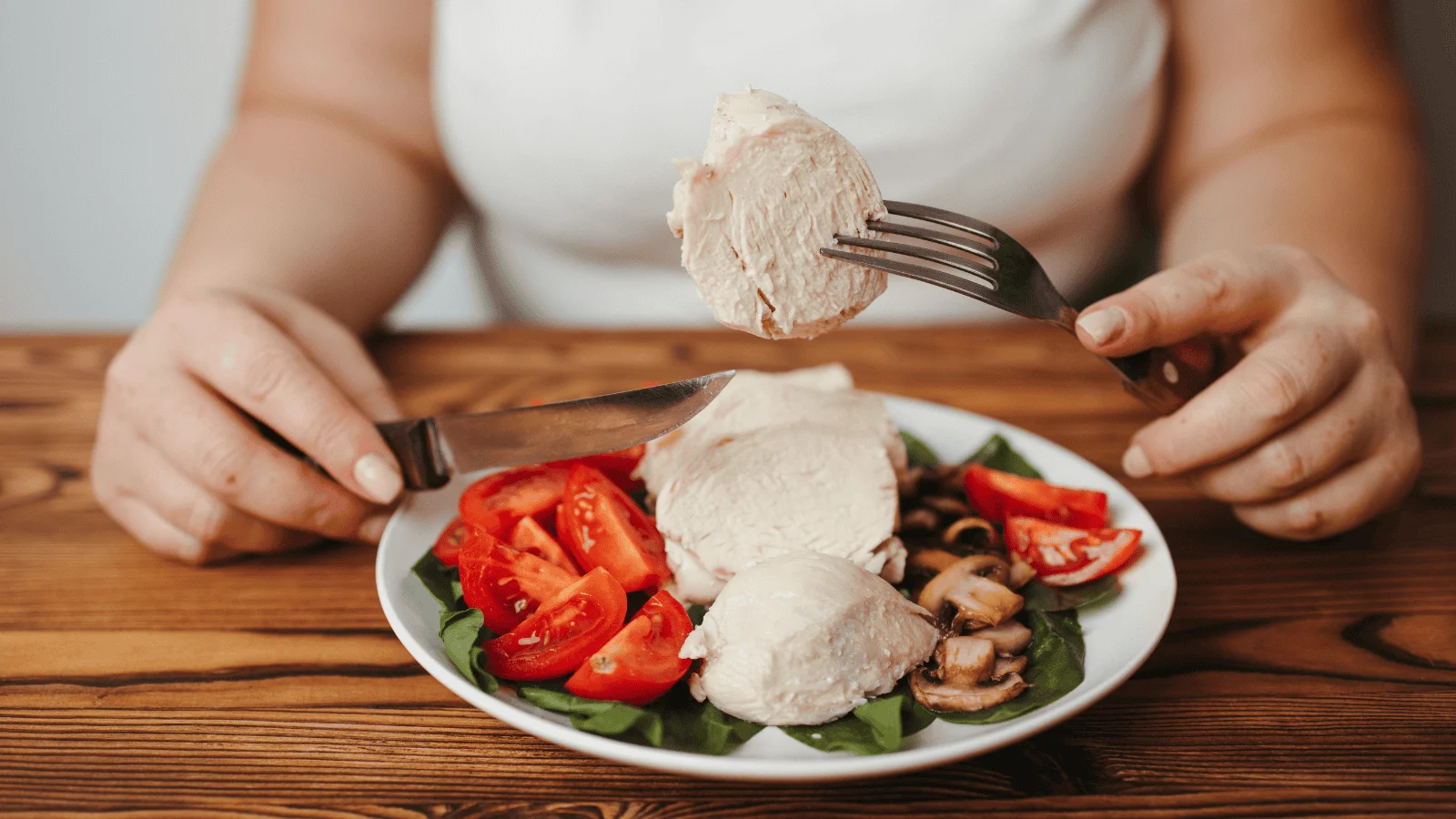
A cardiologist created the South Beach Diet in 2003, touting it as the best eating method for fast weight loss. The program is relatively low-carb and has three stages.
During the first two-week phase, dieters avoid carbs almost entirely, instead consuming lean proteins, low-fat dairy, and high-fiber vegetables. In phase two, you reintroduce foods like whole-grain bread and pasta. The third and final phase focuses on applying principles from the previous phases for sustained weight loss.
Instead: Savor Food in Moderation

Similar to eating keto, limiting your carb intake during the South Beach Diet can send you into a state of ketosis. In this state, you are more prone to dizziness, nausea, and fatigue as your body breaks down fat for energy.
Maintaining a balance of proteins, fats, and carbohydrates is a better alternative to eliminating and reintroducing carbs in stages. This method lets you eat whatever you like in moderation rather than restricting your food choices.
Skip: Alkaline
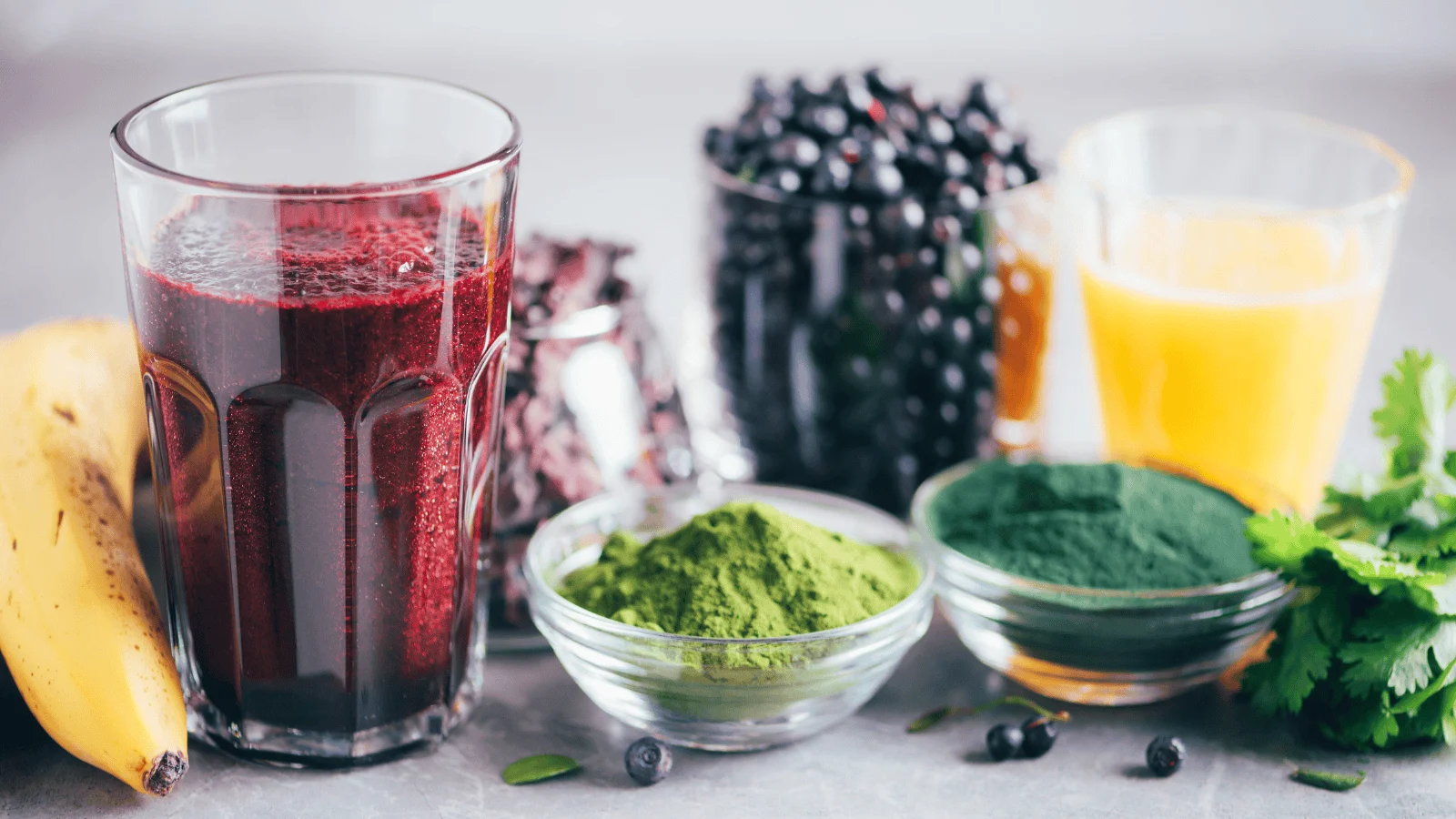
The primary goal of the alkaline diet is to restore the body’s ideal pH levels. It emphasizes fresh fruits and vegetables that support alkalinity while restricting acidic meats and cheeses. Those who follow an alkaline diet propose it can lower your risk of conditions like high blood pressure, osteoporosis, and even cancer.
Instead: Consume an Appropriate Amount of Protein
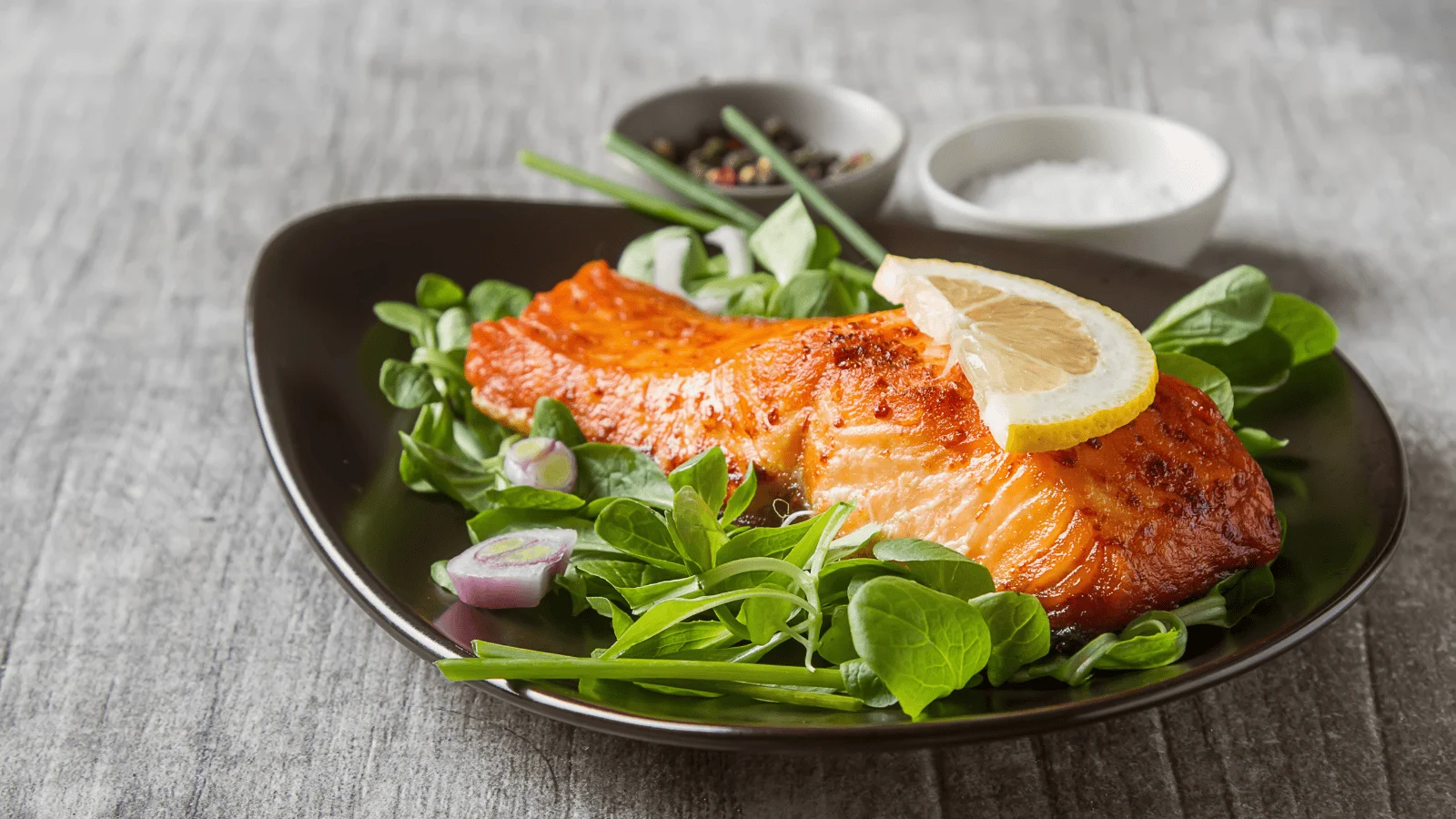
Health.com says changing your pH levels through your eating habits is virtually impossible. Though alkaline foods can benefit overall health, little evidence suggests a strictly alkaline diet is the best option.
Getting enough daily protein is challenging since the alkaline diet excludes many plant and animal sources. Protein is essential to bodily functions like lean muscle development and a resilient immune system. Consider incorporating more fresh, non-acidic foods into your meals rather than going strictly alkaline.
Skip: Macrobiotic
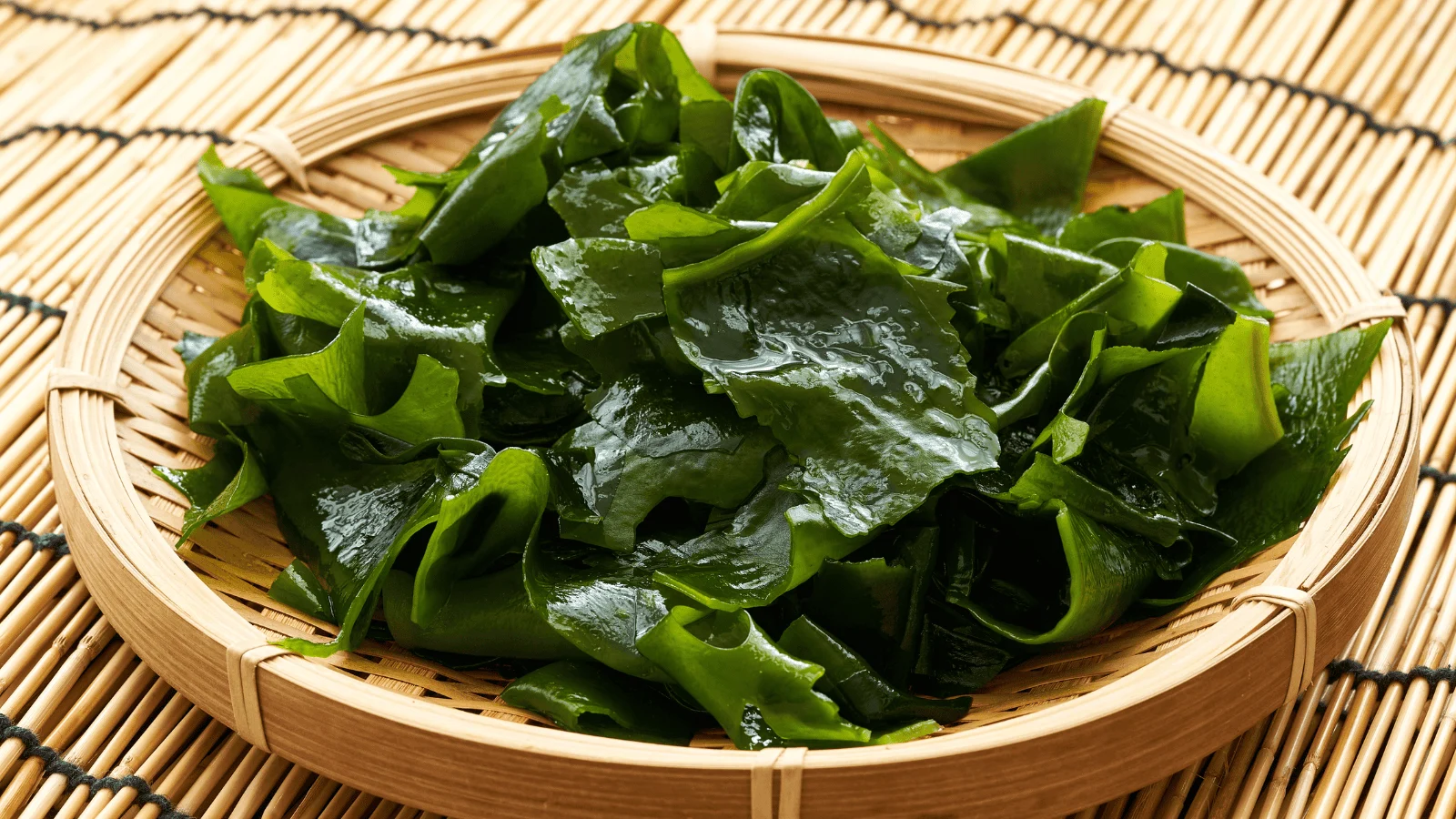
Macrobiotic diets claim to reduce inflammation and lower the risks of heart disease and other health issues. Some believe eating macrobiotic foods can also prevent cancer.
The cornerstones are foods high in fiber and low in fat, such as whole grains, vegetables, and seaweed. This eating plan recommends avoiding meat, dairy, and refined sugars.
Instead: Enjoy Animal Products Guilt-Free

Since strict macrobiotic diets prohibit animal products, you may become deficient in essential vitamins. Meat, cheese, and other dairy forms are high in protein, calcium, and iron. It can be challenging to get enough of these nutrients from plant-based sources.
Furthermore, most staple foods of the macrobiotic diet are relatively low-calorie, potentially causing unhealthy weight loss. Supplementing your meals with meat and dairy makes consuming all the daily micronutrients you need easy.
Take control of your health by supercharging your metabolism
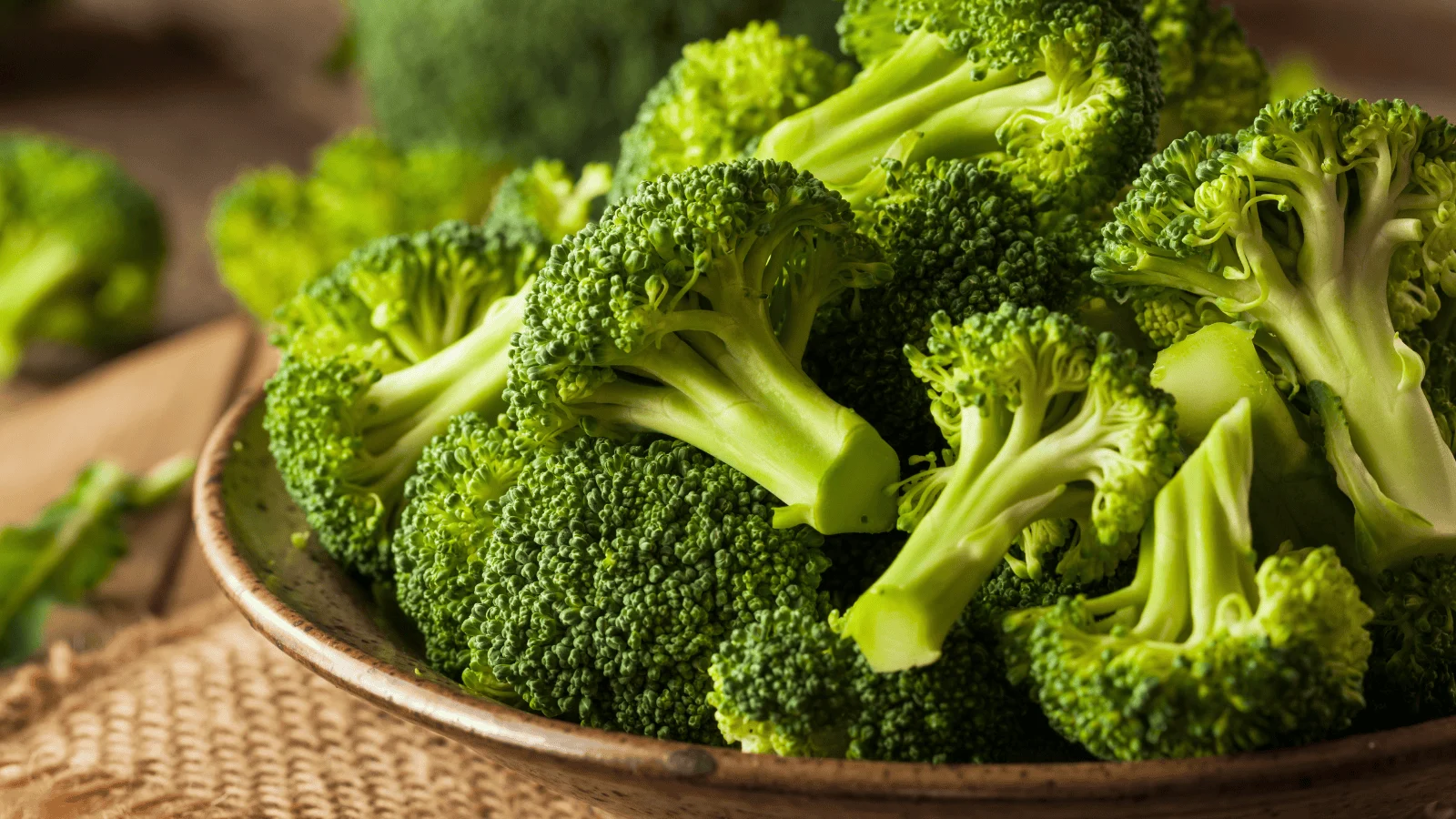
Specific foods support metabolic activity, allowing your body to function at its peak. A diet that boosts your metabolism can improve overall health and help you lose weight.
15 Metabolism-Boosting Foods You Probably Have in Your Pantry
Skip these outdated fitness trends

Exercise is an essential component of a healthy lifestyle. Skip these fitness trends that have fallen out of style and opt for timeless workouts instead.
14 Fitness Trends That Aren’t Worth the Hype Anymore and What to Do Instead

Elise Armitage is an entrepreneur and founder of What The Fab, a travel + lifestyle blog based in California. At the beginning of 2019, Elise left her corporate job at Google to chase her dreams: being an entrepreneur and helping women find fabulous in the everyday. Since then, she’s launched her SEO course Six-Figure SEO, where she teaches bloggers how to create a passive revenue stream from their website using SEO. Featured in publications like Forbes, Elle, HerMoney, and Real Simple, Elise is a firm believer that you can be of both substance and style.



